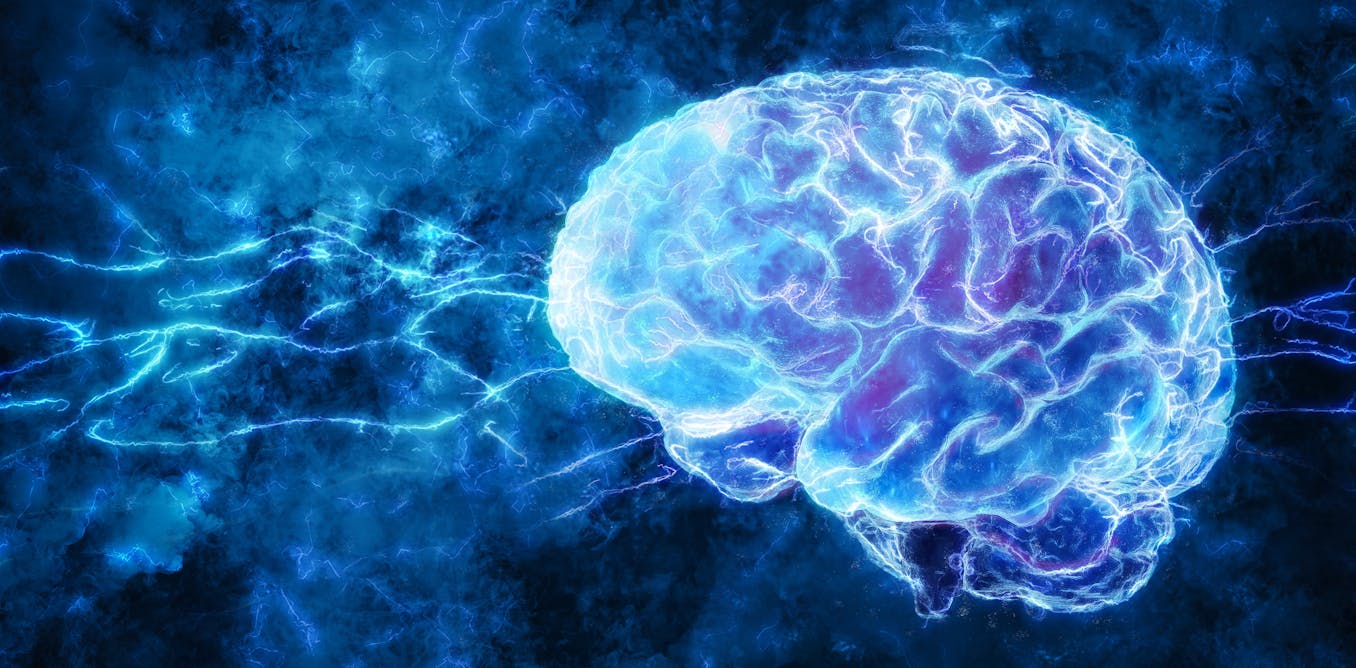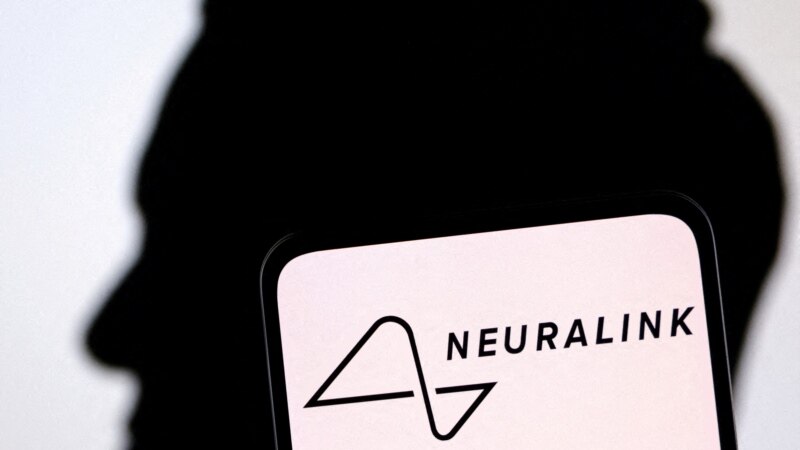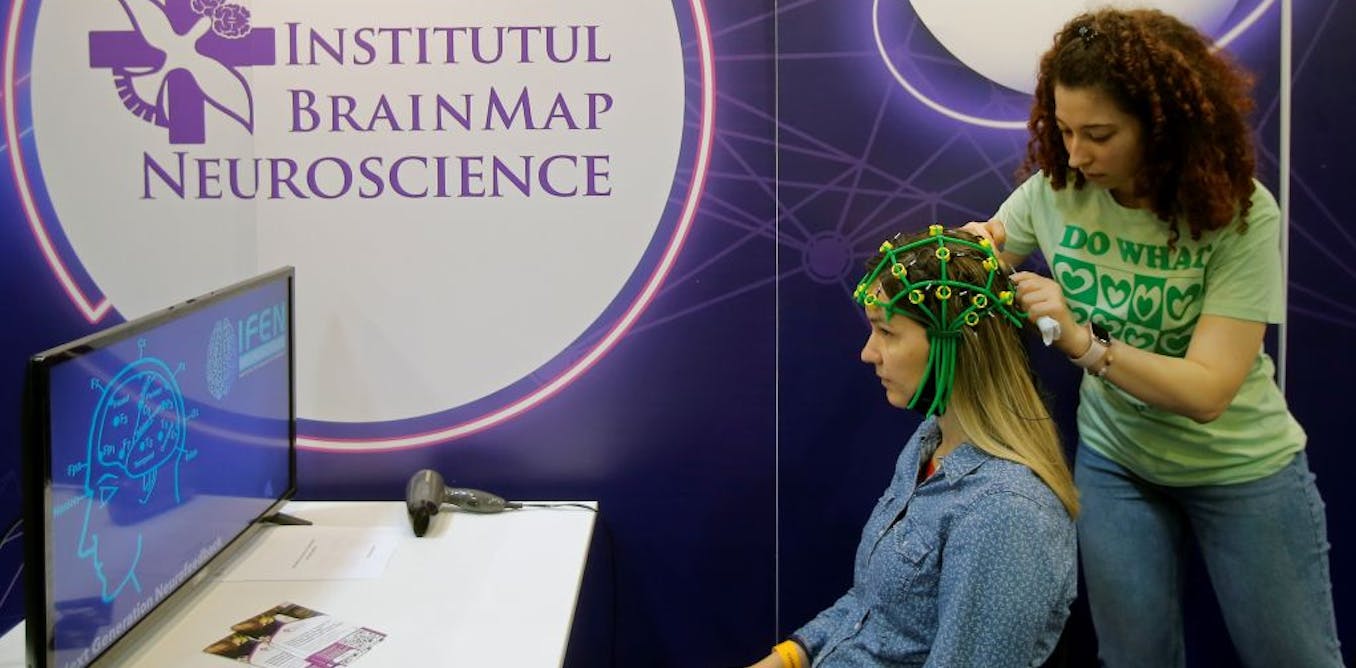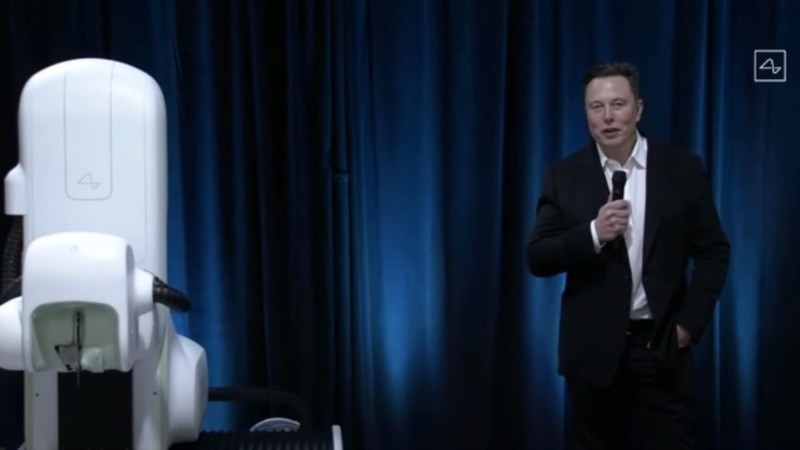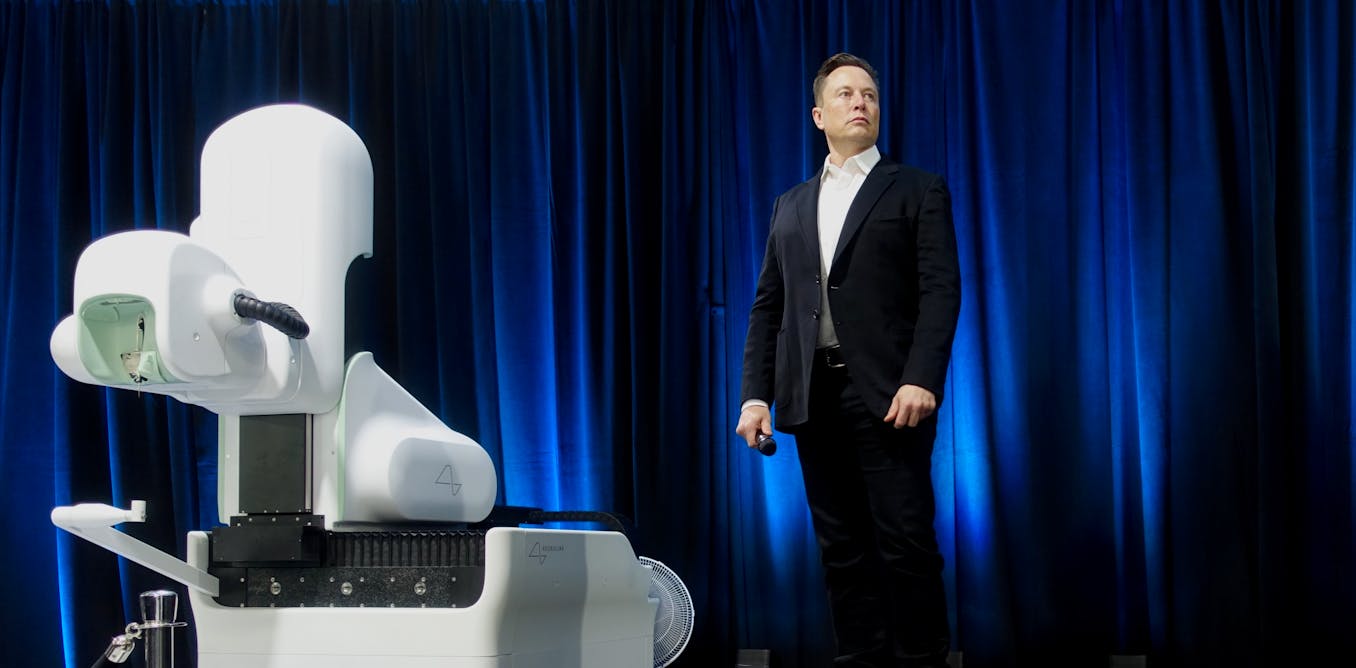The brain is the most complicated object in the universe. This is the story of scientists’ quest to decode it – and read people’s minds
As Elon Musk’s Neuralink begins inserting chips into human brains, we trace the history of ‘mind reading’ technology and assess the potential risks and rewards
Timo Istace, PhD Researcher in Neurotechnology and the Law, University of Antwerp •
conversation
Feb. 7, 2024 • ~30 min
Feb. 7, 2024 • ~30 min
New neurotechnology is blurring the lines around mental privacy – but are new human rights the answer?
More invasive devices have prompted new debates about privacy and freedom. But it’s important to keep in mind that other technologies already sense and shape our thoughts, a neuroethicist argues.
Laura Y. Cabrera, Associate Professor of Neuroethics, Penn State •
conversation
Aug. 7, 2023 • ~8 min
Aug. 7, 2023 • ~8 min
Brain-computer interfaces could allow soldiers to control weapons with their thoughts and turn off their fear – but the ethics of neurotechnology lags behind the science
From warfare to entertainment and VR, brain-computer interface development has extended beyond prosthetics for patients with disabilities. Missing is full ethical consideration of the consequences.
Andrew Ko, Assistant Professor of Neurological Surgery, University of Washington
• conversation
Dec. 2, 2022 • ~11 min
Dec. 2, 2022 • ~11 min
/
1

